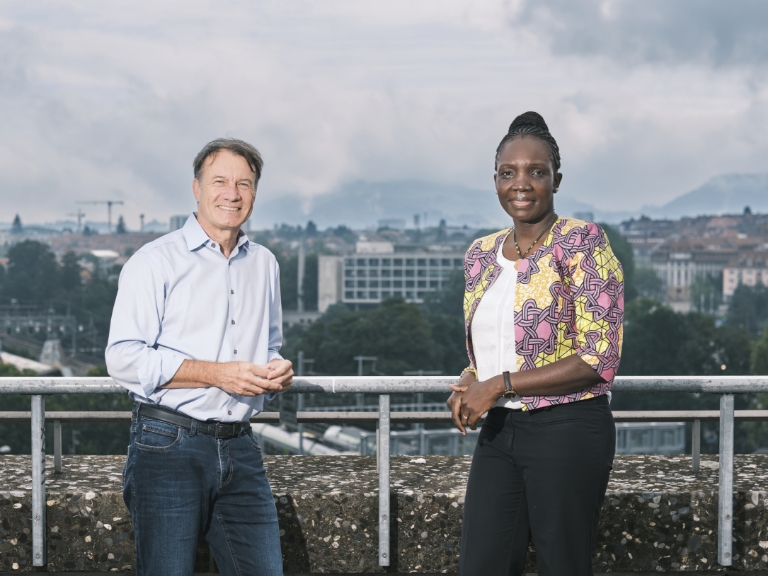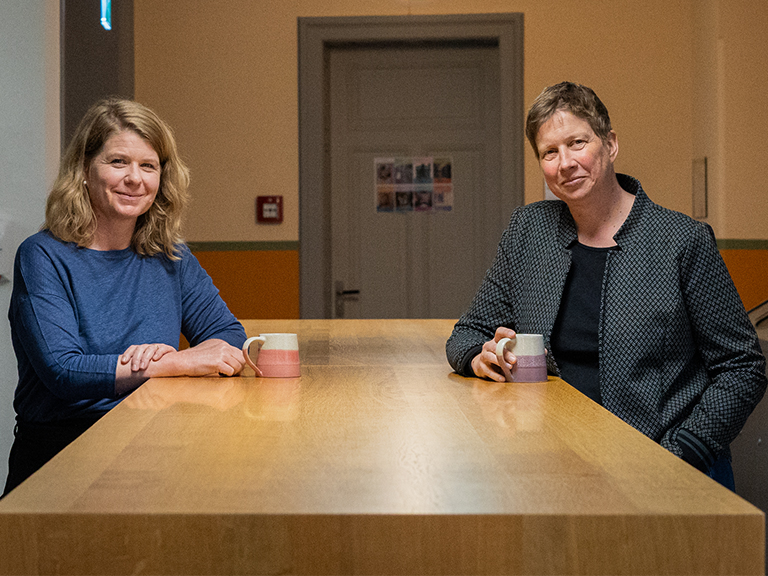Thanks to research partnerships
Better treatments for everyone
The research community is only slowly realizing that Africa's medical care problem begins with basic knowledge. The University of Bern is helping to remedy this shortcoming – for the benefit of both the South and the North.
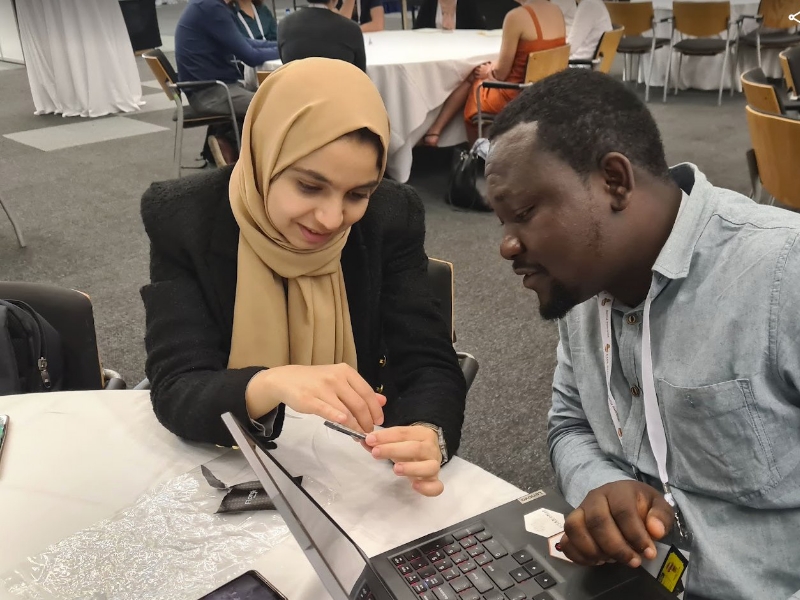
There are two different possibilities: Africa, a blind spot on the medical map, a neglected, forgotten continent. Or, Africa, an unprecedented treasure trove of gene variants and medically relevant data. The figures speak for themselves: Around 18 percent of the world’s population lives in Africa, but it is estimated that just over 2 percent of all clinical trials are conducted there. The same picture applies to the human genome: “When the genome was sequenced, it was celebrated as a great scientific achievement – but what was discovered is not at all representative of the world’s population,” says Carmen Faso from the Institute of Cell Biology and the Institute for Infectious Diseases at the University of Bern. Medical genetic knowledge is ultimately based on white male subjects.
Medicine for all ethnicities and genders
The fact that medical research has a blind spot on the gender map and that women therefore literally receive poorer treatment is a topic that crops up on a regular basis, also in the media. The medical community is only slowly realizing that the same applies to ethnic diversity. But: “There’s a considerable amount of change going on at the moment,” says Faso with conviction. The University of Bern is also involved and there are numerous partnerships with African universities. With the Initiative Afrique, the University is now setting a new focus in the North-South alliance, thereby pooling expertise and promoting networking. According to Hugues Abriel, group leader at the Institute of Biochemistry and Molecular Medicine and Vice-Rector Research and Innovation, the University’s internationalization strategy is based on “the firm belief that tackling global problems requires global collaboration.”
Abriel’s team also includes Nada El Makhzen and Michèle Fuhrer, who embarked on a very emotional research adventure together. The two doctoral students specialize in cystic fibrosis (CF) – a disease that manifests itself in excessive mucus production and affects the lungs and digestive organs. Once diagnosed, CF is actually easy to treat. Looking at the number of cases, cystic fibrosis does not seem to be a problem in Africa. But this is deceptive. El Makhzen says that cystic fibrosis is still considered a ‘European disease’, not because people in Africa are immune to it, but simply because there is no data on African patients. Abriel became aware of this situation during a sabbatical in Fez, Morocco. In Switzerland, every hospital has a CF testing device that can be used to examine children’s sweat for a rapid initial diagnosis. Cost of procuring the device: around CHF 10,000. In Africa, people will look for such devices in vain. And not all families in Morocco can afford a trip to Casablanca, where they would be diagnosed. Instead, CF is often misdiagnosed, because the symptoms are similar to those of malnutrition, says Fuhrer.
About the person
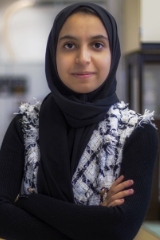
Nada El Makhzen
is a PhD student at the Institute of Biochemistry and Molecular Medicine (IBMM) at the University of Bern.
Successful crowdfunding
So the two doctoral students launched a crowdfunding campaign to procure a CF testing device for a hospital in Fez, Morocco. The campaign was unexpectedly successful, and soon another device was added for Kinshasa (Democratic Republic of Congo). But, of course, this is still only a drop in the ocean, especially when you consider the reality of Africa, as Fuhrer explains: According to studies in recent years, CF is just one of thousands of rare diseases that remain undiagnosed in Africa. But having access to improved diagnostics is just the beginning, and the two young researchers also have potential treatments in mind. This would also require gene sequencing, says El Makhzen, in particular to determine the variants of the CFTR gene that lead to CF. In the case of CF, it is of crucial importance to adapt the treatment to the genetic profile of the affected children.
The aim is therefore to discover new CFTR variants in the Moroccan population. If you have a better understanding of the gene landscape, you can also provide more specific help, as the corresponding drugs are very likely already available, says Fuhrer.
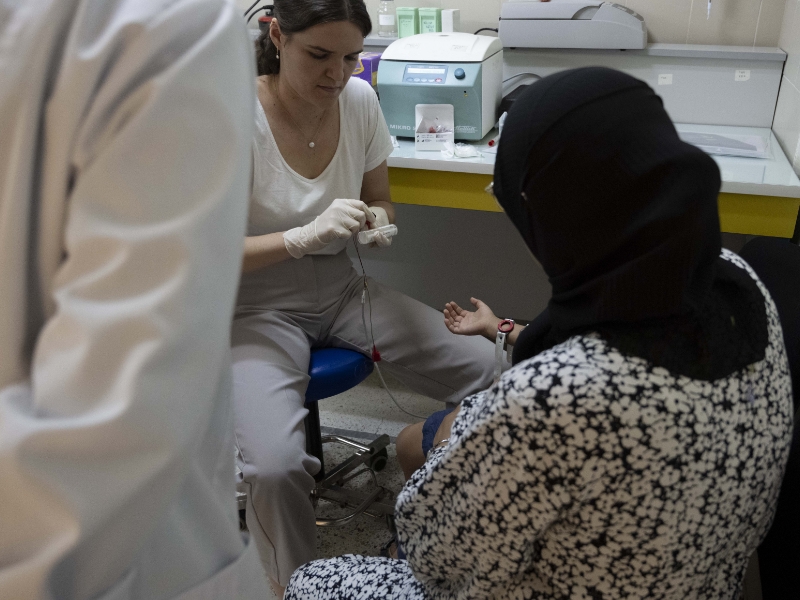
These are major challenges that will be hard to finance purely with crowdfunding budgets. They were aware that they had only taken a small first step, but it is important to remember that crowdfunding campaigns are valuable when it comes to raising awareness of a problem. “We are definitely thinking on a much bigger scale,” says Nada El Makhzen. The aim is to recruit more young patients for a comprehensive cohort study. This would be to assess what the CF situation is like in Morocco and other African countries. The next step is the development of an optimized diagnostic protocol for CF, which can be applied in different African countries.
About the person
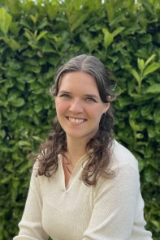
Michèle Fuhrer
is an MD student at the Institute of Biochemistry and Molecular Medicine (IBMM) at the University of Bern.
Destination: 10,000 doctoral students
The Initiative Afrique is also thinking big. Faso leads the Cluster of Research Excellence (CoRE) called Genomics for Health Africa, together with a number of partner universities in Africa and Europe. Seventeen of these clusters, which were launched by an international consortium, are already up and running. They are fundamentally based on equal opportunities between North and South, i.e. on collaborative research without hierarchies. Faso says the model is finally overcoming the paradigm of ‘white saviorism’, which has shaped cooperation with Africa for far too long. The clusters work together on an equal footing, with Europe learning from Africa and vice versa. “Many researchers in Africa are ex-colleagues and acquired their expertise at European universities. Now they are using that expertise in their home countries,” says Faso. The ambitious goal: to train 10,000 PhDs, who will ultimately conduct research at African universities.
“The Global North depends on the Global South doing well.”
Carmen Faso
The cluster led by Faso aims to improve the genetic data situation in connection with infectious and rare diseases. Imagine the parents of a child suffering from a rare disease in Europe: There are a large number of specialists who would support parents in finding suitable treatment. This is not the case for a mother of five children in a shantytown in South Africa: There is precisely one hospital in the whole country that has the relevant expertise. In the whole of Africa, there are only five. It is obvious that the basic genetic knowledge of so few experts is more than incomplete.
Subscribe to the uniAKTUELL newsletter

Discover stories about the research at the University of Bern and the people behind it.
Valuable patient data in the Global South
This lack of knowledge is problematic not only for Africa, but also for the Global North. In the US, for example, 84% of patients enrolled in clinical trials have a Caucasian background. On the other hand, less than 3% have a Latin American background. Initiatives to increase diversity in clinical and genome studies often fail due to socio-economic barriers. The situation has hardly improved over the past few decades. This is why experts are placing great hopes in Africa’s as yet untapped patient pool. Medical products that can be developed on the basis of this patient data can also serve the West. “It’s important to remember that many of us have a migration background, at least in part,” says Faso. This is also reflected in our genetic disposition.
About the person
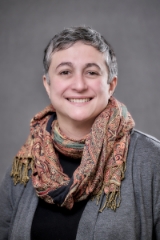
Prof. Dr. Carmen Faso
is Co-Director of the Multidisciplinary Center for Infectious Diseases (MCID) at the University of Bern and Co-Head of the Cluster of Research Excellence (CoRE) "Genomics for Health Africa". She is also a group leader at the Institute of Cell Biology and the Institute for Infectious Diseases at the University of Bern.
However, Faso is convinced that the problem is one shoe size bigger: Be it migration flows or political unrest – we in the Global North should have the greatest interest in taking the medical situation in Africa seriously and improving it. “The Global North depends on the Global South doing well,” says Faso: “And when we ask whether someone is doing well, we don’t just mean in terms of business and politics, but also whether they are fundamentally healthy.”
Event information
Collegium generale
The diversity of Africa is the focus of the lecture series of the Collegium generale in the fall semester of 2024. Of the 14 public lectures, two will be dealing with medical topics:
October 23
Breaking Barriers: The Transplantation Journey for HIV Positive Individuals
Prof. Dr. Elmi Muller, Transplant Medicine, Stellenbosch University, South Africa
December 4
Genomics for Health in Africa: How Can Medical Genomics Contribute?
Prof. Dr. Shahida Moosa, Molecular Biology and Human Genetics, Stellenbosch University, South Africa
The full program and event details can be found at collegiumgenerale.unibe.ch.
Magazine uniFOKUS
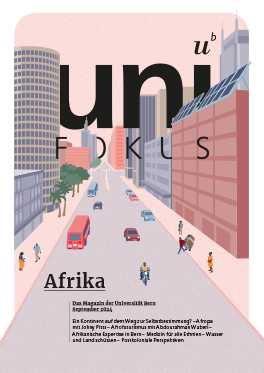
Africa
This article first appeared in uniFOKUS, the University of Bern print magazine. Four times a year, uniFOKUS focuses on one specialist area from different points of view. Current focus topic: Africa
Subscribe to uniFOKUS magazine